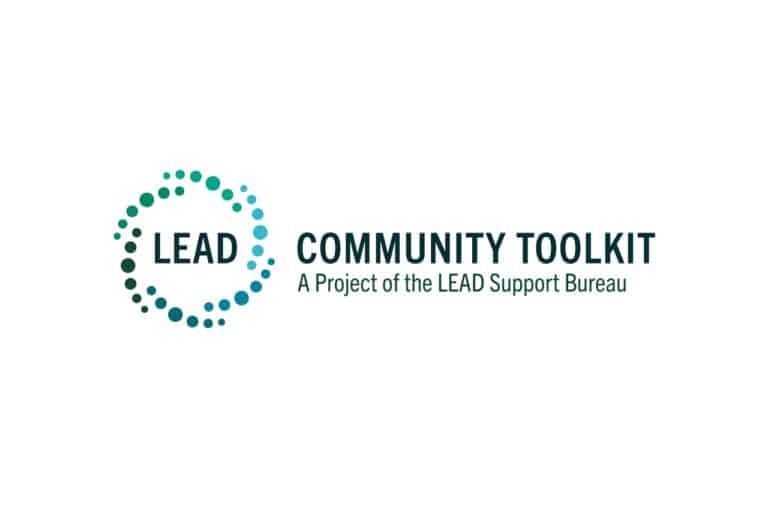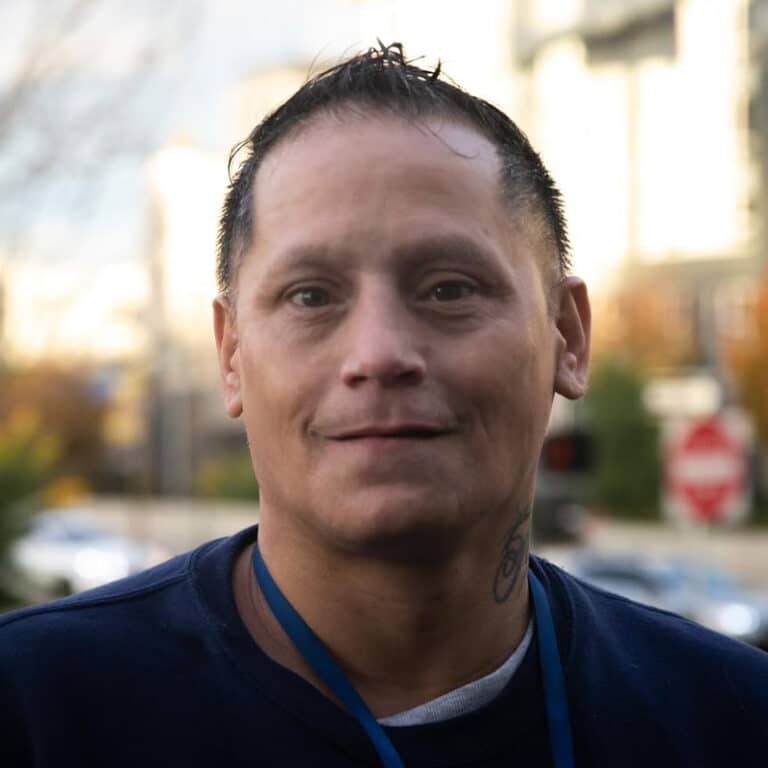Aug. 2, 2023
Media Contact: Ashley Archibald
Cell: (206) 600-9179
PDA statement on proposed public drug use legislation
The drug problem facing Seattle has no easy answers. Jail and prosecution generally aren’t the right response to problematic drug use and often make things worse. We cannot allow people to suffer on the streets, either. We are hopeful that the ordinance being introduced this week by Mayor Harrell will establish a best practices framework to respond to the dire conditions experienced by, and affecting, so many people.
Yet, we know it is only a framework, and the true test will be whether, working together, we can leverage the housing, medical care, medication access, skilled nursing support, legal advocacy, and trusted relationships that are needed to foster recovery.
In its commitment to diversion from the criminal legal system, the proposed ordinance calls to mind the approach Portugal has taken for the last decade, in which police do play a role, and drug use and possession remain illegal. The police’s role is largely to connect individuals to care through “Dissuasion Panels” and services available through those portals. However, as Portugal has experienced, it will be critical to equip community-based care providers with the tools necessary to meet the needs of people struggling on our streets. Police officers and neighborhood leaders deserve to have confidence that those they refer to community-based care will actually make progress. This can be the case – but only if we seriously tackle the enormous care gaps facing many people with substance use disorder, act with urgency, and set a high standard for this work.
Though it is far from simple, evidence clearly shows what works: engaging people and earning their trust with case managers who have the resources to assist with people’s real needs.
That means pre-booking diversion and pre-arrest referrals to intensive case management; low-barrier interim lodging and permanent housing options; access to medications when those are effective; skilled nursing and in-home care that don’t reject people who use drugs; and long-term, specialty care for the small number of people who are seriously mentally ill, use drugs, and pose a real danger to themselves or others. A consent-based framework for sharing information among all those who contact individuals with severe substance use issues so that care can be coordinated and so we’re not inadvertently working at cross purposes, is also essential.
Over the past decade, PDA and multiple partners have contributed some of the elements needed to make real progress: the LEAD framework for pre-booking diversion, CoLEAD’s intensive case management in non-congregate lodging, the Third Avenue Project’s de-escalation and outreach work combined with advocacy for appropriate housing and mental health resources, and JustCARE’s encampment resolution approach. We’re fortunate our community has some of the leading permanent supportive housing providers in the nation, leaders in the delivery of medication assisted treatment, committed low-barrier shelter providers, and some of the most tenacious and imaginative outreach providers. We have the needed expertise and field leaders willing to roll up their sleeves and respond to the crisis.
The major challenge we face, even with a progressive legal framework, is that evidence-based solutions have never been scaled to match the scope of the problems we face and have rarely had access to the kinds of resources that people need to recover. For the vision this ordinance offers to be realized, we will have to start by identifying where systems are failing to respond to the current conditions we face and fill those gaps.
– Tara Moss and Lisa Daugaard
Co-Executive Directors, Purpose. Dignity. Action.

